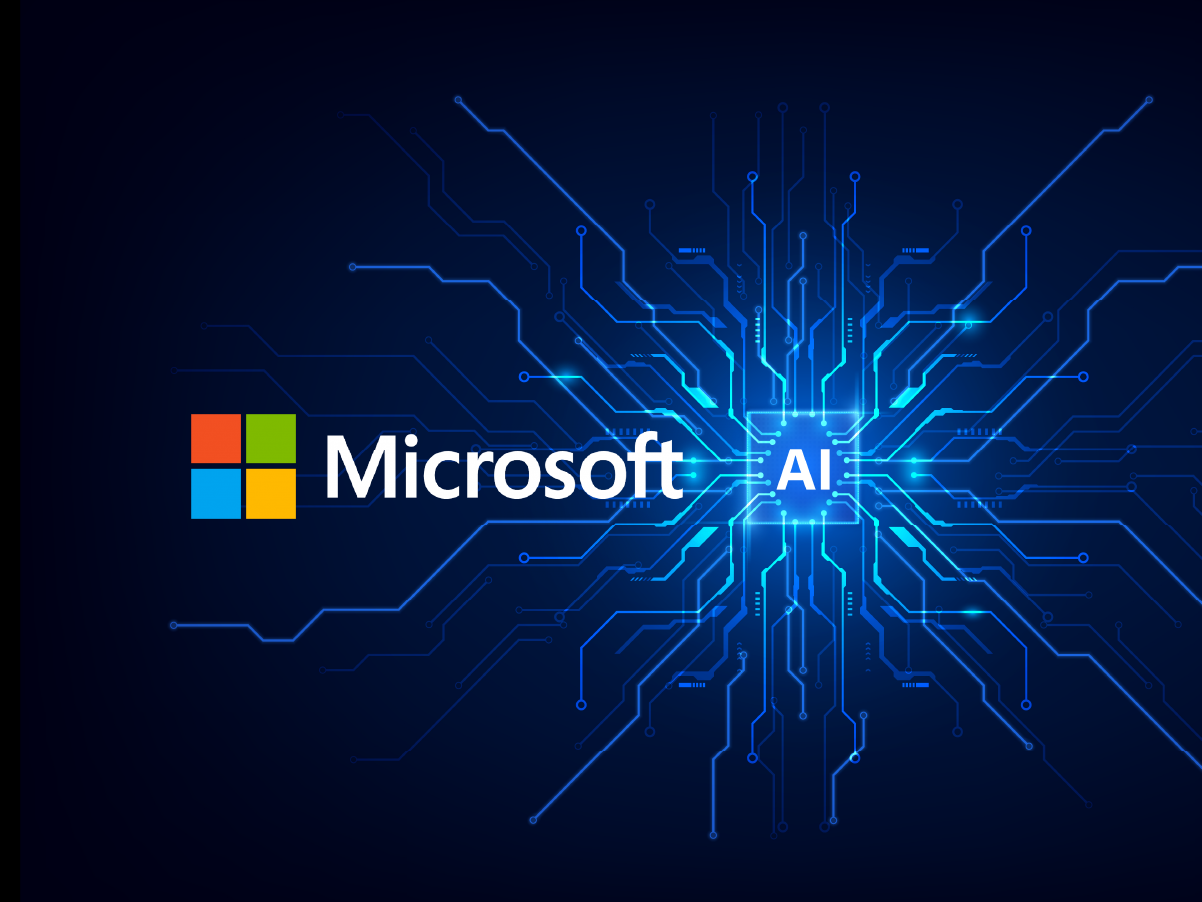AI-Powered Business Transformation
AI for your future. Automate, gain insights, transform.

Microsoft has officially introduced an AI-powered search feature in Bing Generative Search, a feature that leverages cutting-edge AI to deliver more personalised and contextually rich search results. Following a pilot in July, this new feature is now being rolled out to all U.S. users, offering a more dynamic and intelligent search experience. This advanced functionality can be seamlessly accessed by searching for “Bing generative search” or through targeted informational queries.
At the core of Bing Generative Search is an advanced blend of AI models that scour the web to create detailed, conversational responses tailored to user queries. Instead of merely showing a list of web links, Bing now provides AI-generated summaries, offering users comprehensive answers directly on the search page. This shift aims to elevate Bing beyond traditional search results, promising more nuanced, relevant, and well-sourced responses.
Microsoft’s new search feature is designed to “understand” user intent behind queries more effectively. It analyses millions of sources and dynamically curates the most relevant content in real-time, providing users with rich and meaningful responses. Users also have the option to revert to traditional search results if they prefer, similar to Google’s AI Overviews.
Bing Generative Search is an evolution of Microsoft’s February 2023 release of AI-powered chat on Bing. While the chat function provided conversational answers, this latest feature refines the experience, focusing more on accuracy and understanding. Microsoft asserts that its generative search offers more reliable responses, as it dynamically matches content to the user’s intent.
Despite advancements in AI-powered systems, concerns persist regarding the potential for errors in generated content. Previous instances have shown that significant mistakes can occur across various platforms. While efforts are being made to minimise these errors, it’s essential to recognize that generative search technology is still in development.
As AI-driven search systems like Bing and Google continue to evolve, concerns over their effect on web traffic grow. Many fear that AI-generated summaries may decrease the number of users visiting original content sources, leading to reduced traffic for publishers.
Microsoft has addressed this concern by stating that they are closely monitoring the situation. In their initial findings, Bing Generative Search has not led to a decrease in clicks to websites. However, as of today, Microsoft has not shared updated research on this topic.
Although Bing Generative Search is a major advancement, its impact may be limited due to the dominance of Google in the search engine market. With Google holding a global market share of nearly 82%, Bing’s 10.51% share seems minor in comparison. Despite this disparity, Microsoft’s commitment to AI-driven enhancements could be a crucial differentiator that attracts users looking for smarter, more contextual search experiences.
Microsoft’s launch of Bing Generative Search represents a significant step in its strategic initiative to redefine the search engine landscape through the application of artificial intelligence. While Google continues to dominate the market, Bing’s commitment to AI innovation has the potential to gradually shift the dynamics of competition. As artificial intelligence technology evolves, users can look forward to a more conversational, accurate, and in-depth search experience, moving beyond mere keyword matching to a deeper understanding of user intent and context.
Need a tailored solution? Let us build it for you.
Connect Today